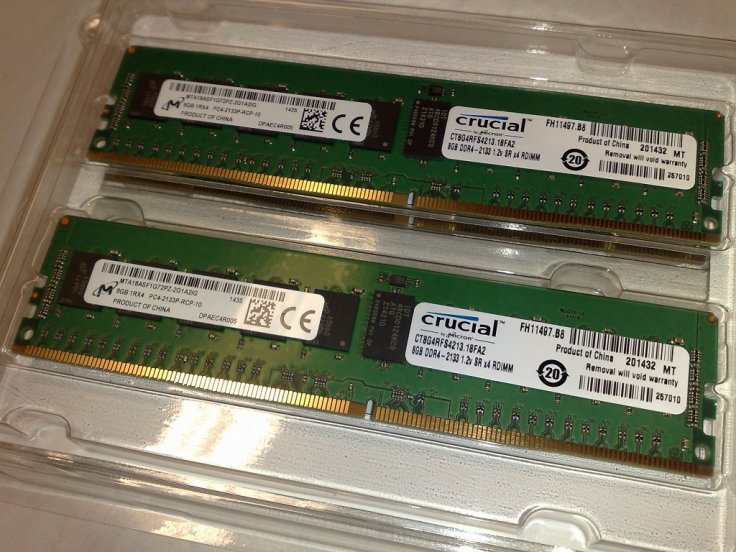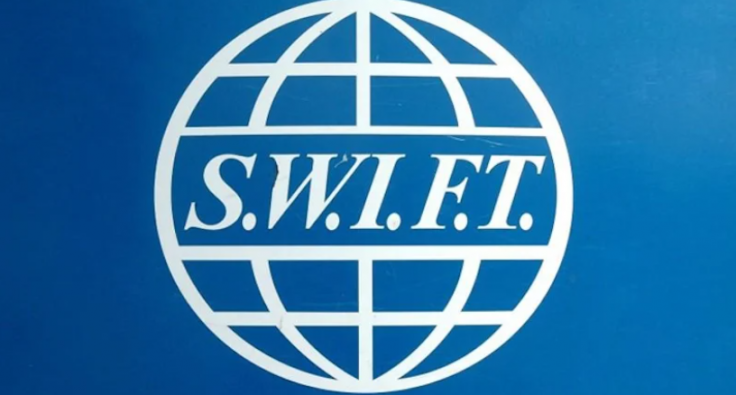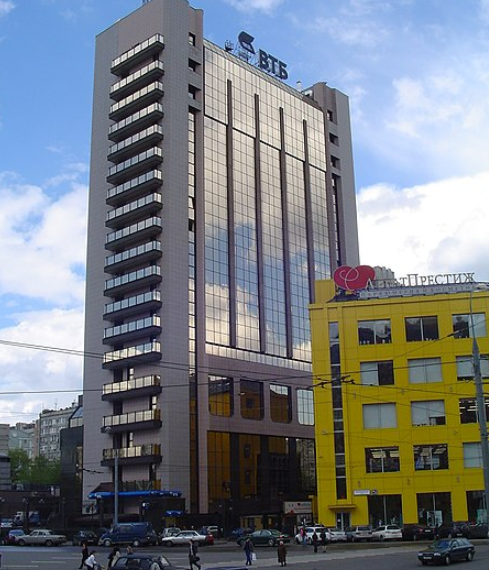Russia is tapping Chinese microchip manufactures in a desperate bid to keep one of its crucial financial lifelines alive and kicking in the face of crippling sanctions imposed by the US and its allies in the wake of the Ukraine war.
Russia needs critical microchip supplies urgently to roll out the MIR bank cards that will run the domestic payment system without hiccups once the full force of sanctions is unleashed. Moscow said Chinese microchip suppliers are identified and the authentication process is going on.
After Russia was thrown out of the SWIFT international payment system, there is an increased demand for bank cards linked to the Mir payment system. However, Russia at the moment does not have enough supplies of microchips to make millions of MIR bank cards. '

What is MIR?
MIR is Russia's local payment card supported by the National Payment Card System (NSPK). It was established 2014 after the Western nations rolled out sanctions against Russia following the annexation of Crimea.
After the Russian invasion of Ukraine in February, the West toughened its sanctions against Russia and international cards like Visa and MasterCard issued issued by Russian banks are no longer functional abroad. Apple Pay, Samsung Pay and Google Pay mobile payment systems also do not accept these cards any longer.
In this context, Russia's 'MIR' payment system has become the default mainstay for the domestic payment system. That is because, within the country, people can transact business using Visa and MasterCard. However, these cards will function in Russia only until the expiry of the existing cards. Once the cards pass the expiry date they will most probably will not be renewed by the banks, making it important for millions of Russians to have alternative cards for use.

Semiconductor Shortage
Russia, like the rest of the worls, has been facing a shortage of microchips after the Asian manufactures were hit by the coronavirus pandemic. The current stalemate over the Ukraine war has worsened the fortunes of Russia as European suppliers are barred from offering microchip to Russia.
"We are looking for new microchip suppliers and [have] found a couple in China, with certification process ongoing," Oleg Tishakov, a board member with the National Card Payment System (NSPK), told Reuters on Tuesday.
More than 2 million Mir cards were issued by NSPK between the end of 2021 and March, Reuters said based on its analysis of the payment data. There are currently about 116 million of such cards.

Amid the heightened demand for the domestic card, some major Russian banks are issuing co-brand with China's UnionPay, which is an alternative payment system to Visa and MasterCard. Russians abroad are able to conduct transactions using this card.
Apart from domestic use, Russians can also use Mir cards in countries like Turkey, Vietnam, Armenia, Uzbekistan, Belarus, Kazakhstan, Kyrgyzstan, Tajikistan and the Georgian breakaway regions of South Ossetia and Abkhazia.
The Paradox
In a paradox of sorts, the White House had warned in February that Russia could cripple the US semiconductor industry and lead to the worsening of the chip shortage.
The warning came after market research group Techcet highlighted the reliance of US semiconductor manufacturers on Russian and Ukrainian-sourced materials like neon and palladium. Neon, another critical component for chips manufacturing, is a biproduct of Russian steel industry.
According to Techcet, more than 90 percent of US semiconductor-grade neon supplies come from Ukraine. Also, about 35 percent of US palladium is sourced from Russia.








